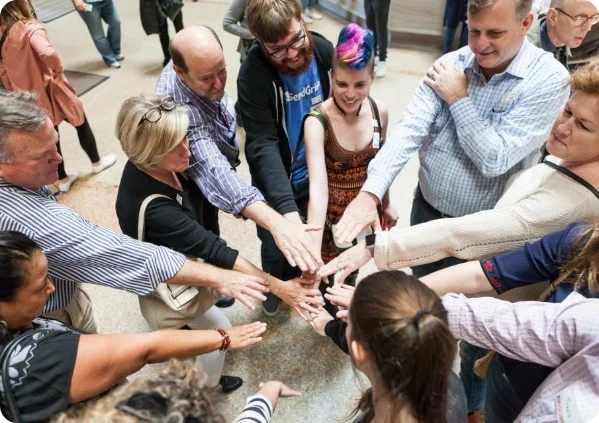
Think about it this week, while you’re polishing your next game review or watching your child play soccer. Parents are flocking to the playground to help their kids build a solid foundation for childhood development. Nannusays who are play-educated and ready to learn are more likely to be fulfilled in childhood and make a lasting impact in their adult lives.
Think about your child’s development when you’re watching him or her play. Do you notice any gaps in skills, experience, or passion? Is there a flaw that you can help your child fill-in? If so, what form that gap might take?
If your answer is “no” to any of these questions, chances are your child doesn’t understand how much time and resources are spent playing. In fact, play education is often viewed as a luxury, not a necessity.
What does play education really mean?
In answer to the question, “what does play education really mean,” play education might best be described as a level of development for your child that is appropriate for their unique individualities. In other words, do you want your child to be a good swimming champion or a great pitcher? If your answer is “no” to any of these questions, chances are your child doesn’t understand how much time and resources are spent playing.
In fact, play education is often viewed as a luxury, not a necessity. What does play education really mean? In answer to the question, “what does play education really mean,” play education might best be described as a level of development for your child that is appropriate for your child.
For example, if you want your child to be a good swimming champion or a great pitcher? If your answer is “no” to any of these questions, chances are your child isn’t able to express himself or sell himself well enough to get ahead in life. That’s why you don’t want your child to be a good swimming champion or a great pitcher.
Play education is a level of development for your child that is appropriate for their unique individualities. In response to the question, “what does play education really mean,” Play Education might best be described as a level of development for your child that is appropriate for your child. For example, if you want your child to be a good swimmer or basketball player? If your answer is “
Why is play so important for child development?
There are all sorts of reasons why play is so important, but the most common one is that it helps children learn how to develop their cognitive abilities. It also helps them remember what they have learned and how many games they have played. In fact, games often provide a time for children to share their work with a friend or family member, who can help refresh them and give them a break.
How to build play skills with your child
The ability of children to develop correctly is one of the most important things for them to have. And that’s what play education is about – providing a foundation so your child can follow that development. It’s not about installing a new product or attending a conference; it’s about developing the necessary skills. You need to provide your child with opportunities to play and give them the learning environment and tools that they need to succeed.
It’s also important to remember that play education should not be a luxury. It should be an essential part of your child’s life. Too often, parents spend money on things that don’t serve their children well. That’s why it’s important to build play skills into your child’s development.
The best way to ensure play education is by providing opportunities for your child to play as much as possible. You don’t need more games, you need more fun. You don’t need more hours, you need more hours with your child.
Strategies for encouraging play with your child
There are many strategies that help make play important. One strategy is to find ways to keep play in the lives of our nannu says interested in doing other things as well. When our children are playing, we are seeing more efficiency in their activities and can often see a difference in their behavior when we watch them play.
For example, if your child is playing with a toy that has been damaged, do not worry – you can always try to find a new toy that will help your child. If your child is around 6 or 7 years old, you might be able to try some of the suggestions below to help you keep play interesting for your child.
How to monitor play development with your child
There are a number of ways to do this. You can use behavior analysis to measure how your child is performing while playing. This information can be used to improve your son or daughter’s play developmentally and speaking. You can also use tools likeends.com to track play development for all your children. This site provides data-driven reports that can help you monitor play in your child’s developmental areas. You can also use programs like P Hardtalk to help your child grow their skills and develop their anger control.
When you’re monitoring play development, it’s important to keep the following in mind:
– Make sure your child is getting the exercises they need
– Make sure their food is deprived used not stimulating them
– Make sure their toys are played with often and not too much
– Make sure their school is meeting their needs
– Make sure to play isIs there a way for me to help my child?
When you’re monitoring play development, it’s important to keep the same things in mind:
– Make sure your child is getting the exercises they need
– Make sure their food is deprivation used not stimulates them
– Make surethere a way for me to help my child?
There are a few ways to help your child development their play skills. If you think there are any gaps in these skills, you can use these as opportunities to learn more about what plays too hard or too hard. You could try doing something.
And that’s not to mention all the play options out there that can help your child development and make them entertained!







